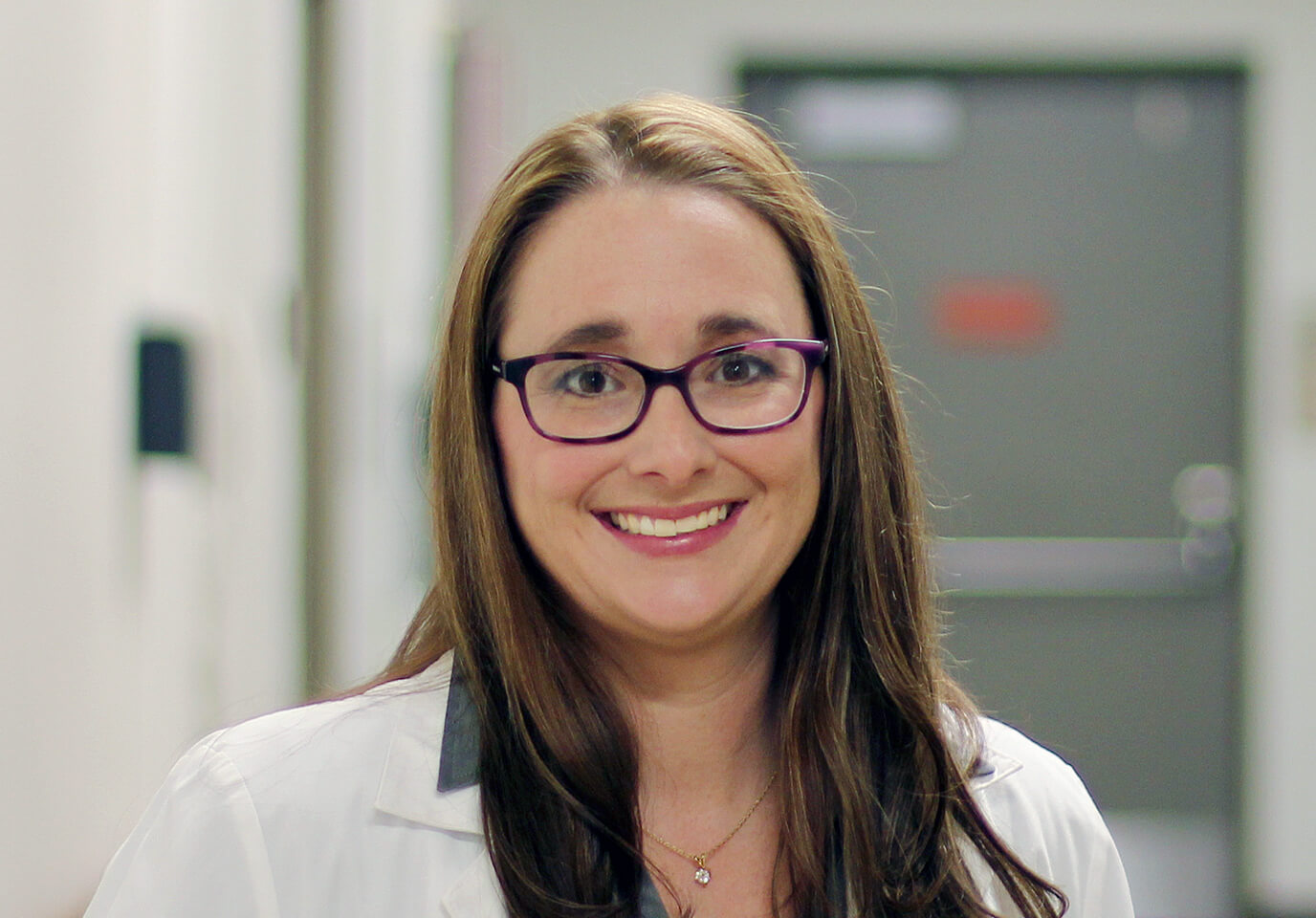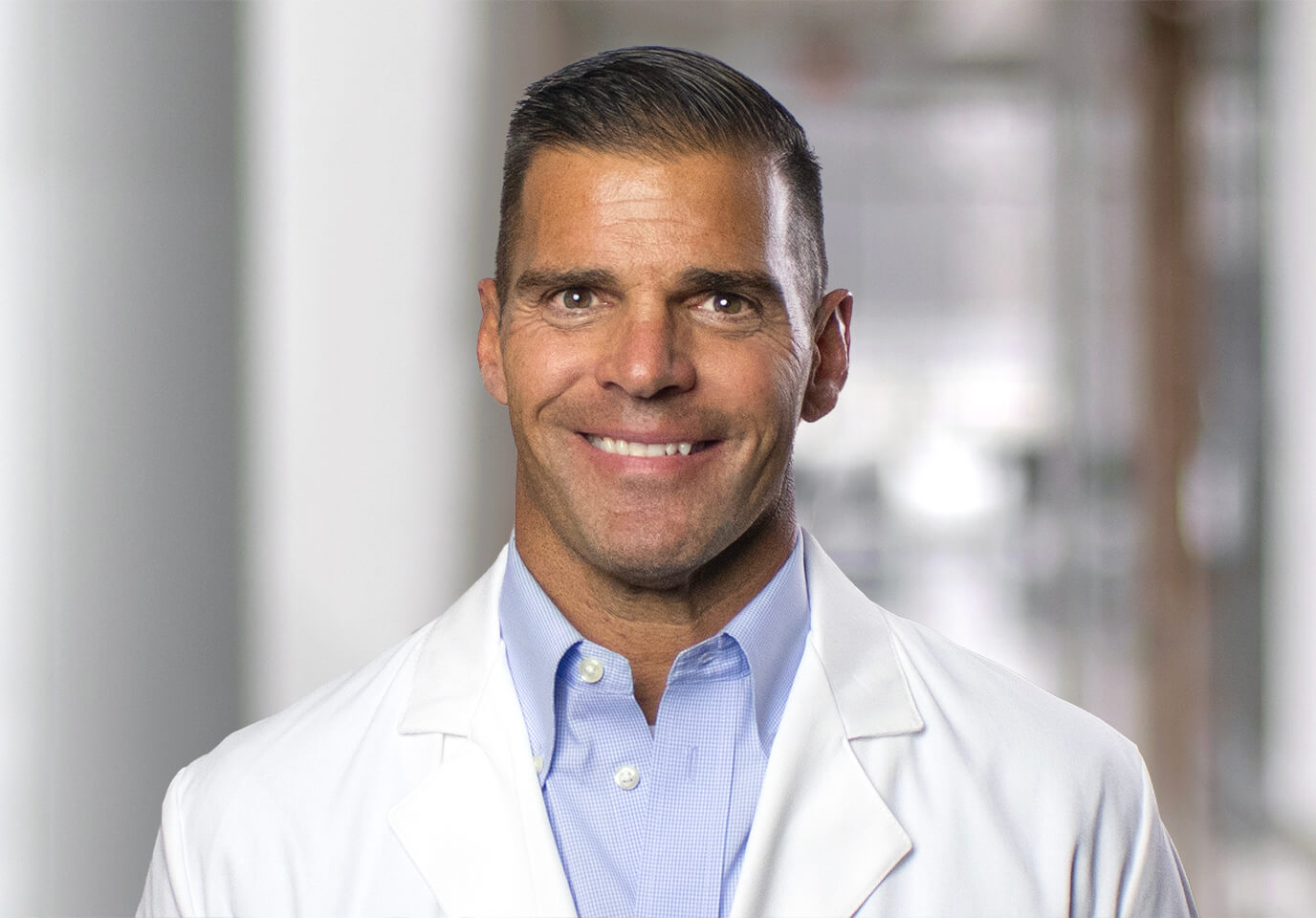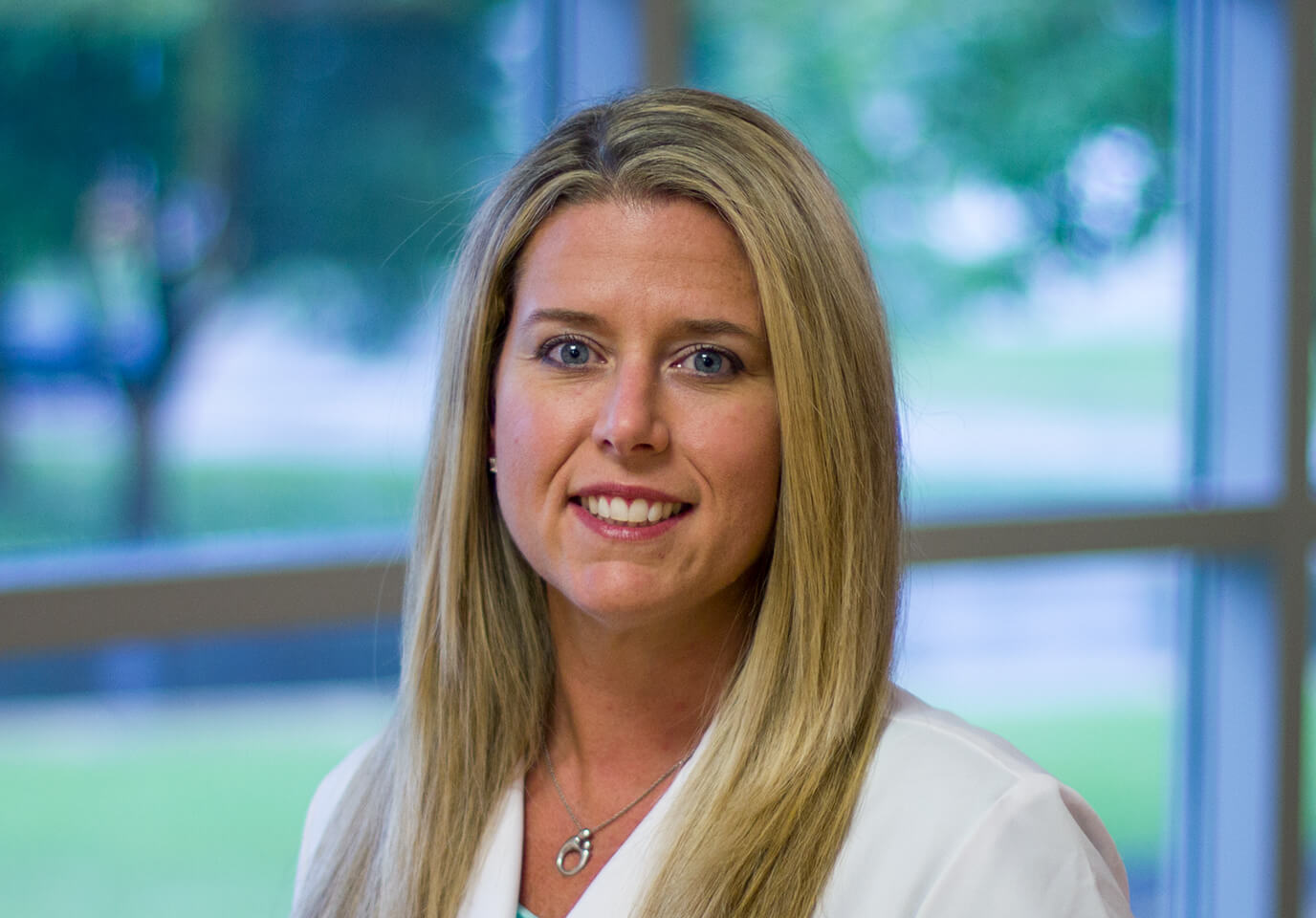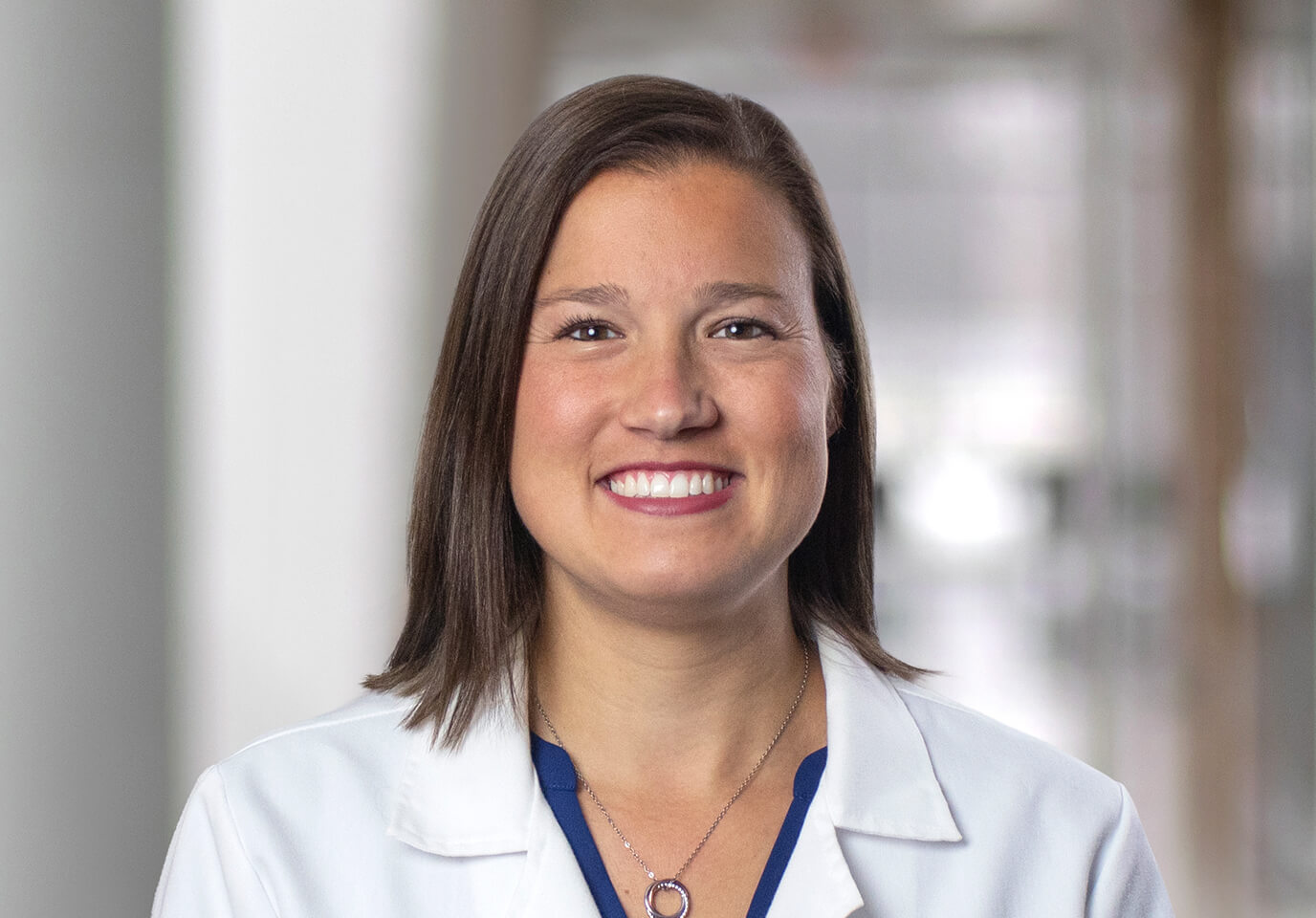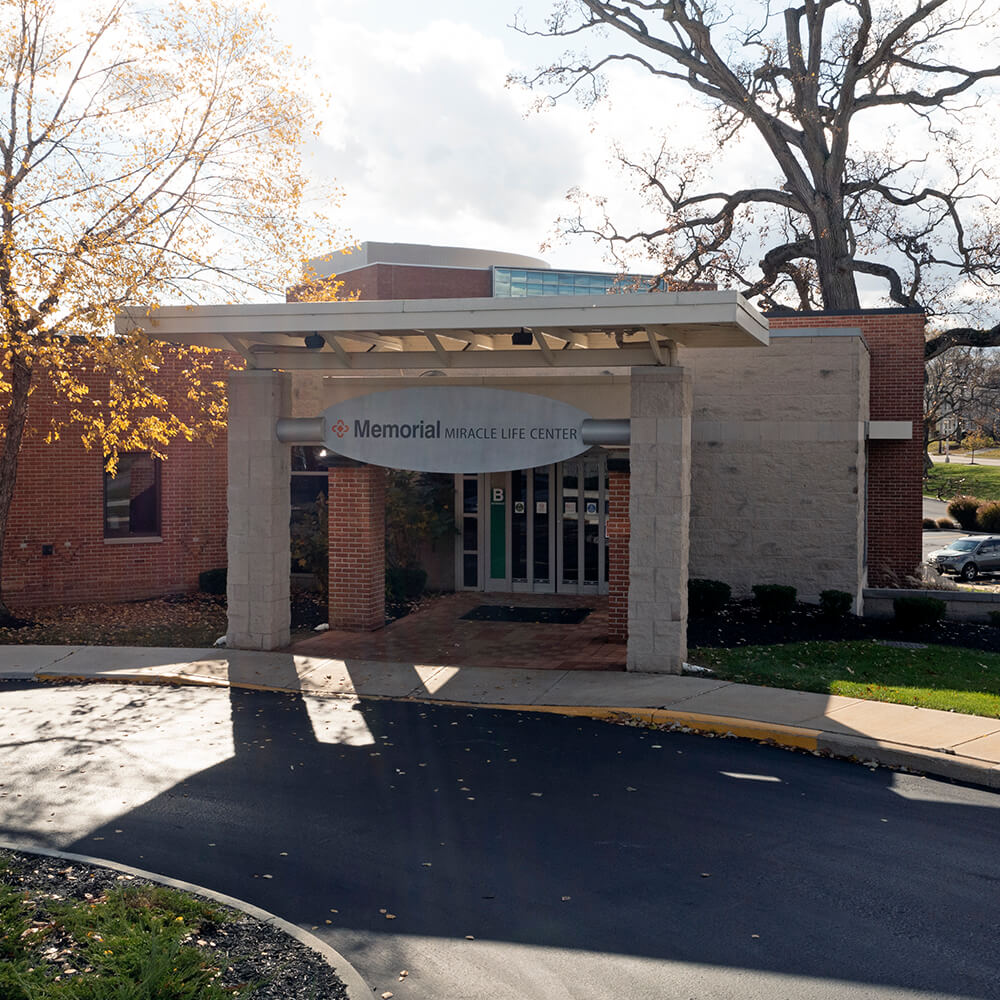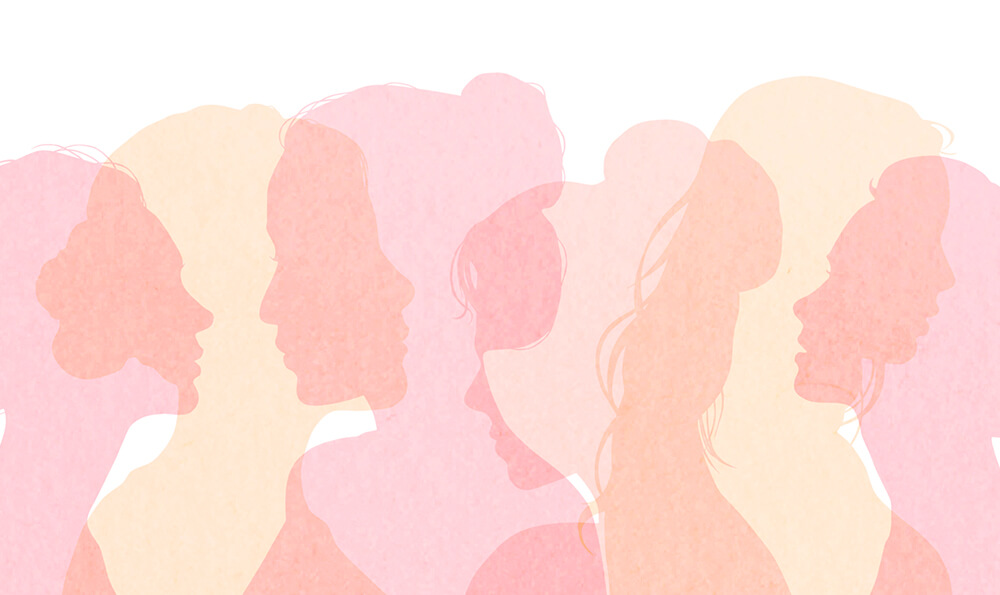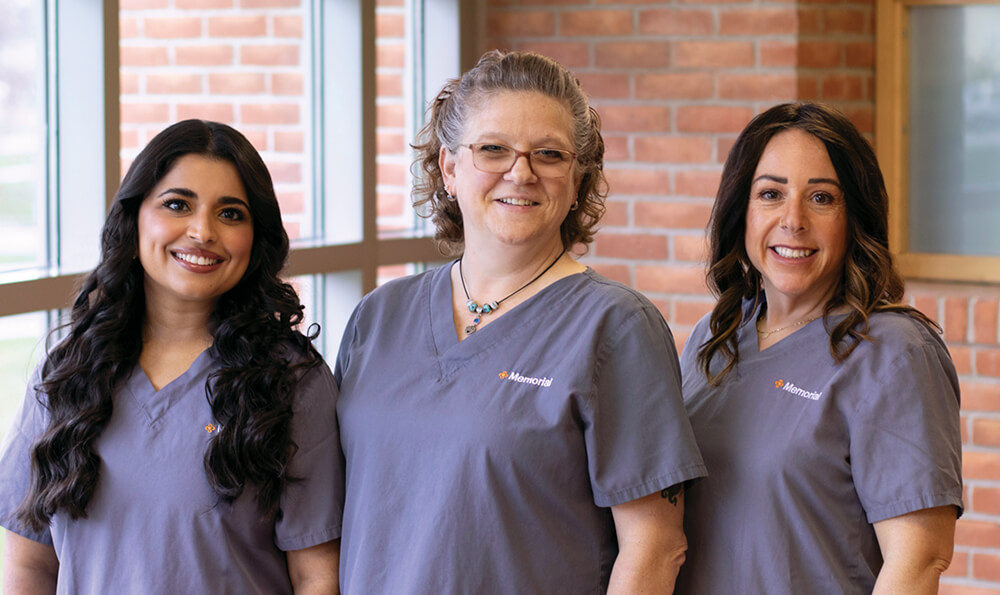Obstetrics
Celebrate new life at the Memorial Miracle Life Center.
When you are expecting a baby, you can rely on our Memorial Hospital obstetrics team for expert care, support, and education.
Memorial has an experienced staff of obstetricians, family practitioners, and pediatricians who work with our labor and delivery nurses to provide the reassuring care you deserve. Our dedicated staff are all cross-trained to care for you and your baby at every stage of your stay. We respect your values and preferences in everything from pain management to birthing methods, and we make every effort to keep you comfortable and in charge of your experience.
During your labor and delivery stay, your comfort and well-being are our prime focus. While each room offers the amenities of home, you are surrounded with the latest medical technology to ensure a safe delivery for you and your baby.
While at our Memorial Miracle Life Center, you can expect:
- Our dedicated, experienced staff is cross-trained to care for you and your baby.
- A board-certified obstetrician from Avina Women’s Care, formerly Marysville Obstetrics & Gynecology, on staff 24 hours a day, seven days a week.
- A board-certified pediatrician from Marysville Primary Care, with supplemental care from Nationwide Children’s Hospital, for well-baby care and treatment.
- An anesthesiologist or certified nurse anesthetist available 24 hours a day, seven days a week.
- A board-certified lactation consultant will provide guidance, as needed.
- Memorial Hospital is a Four-Star Level Breastfeeding Center, as recognized by the Ohio Hospital Association and the Ohio Department of Health. This means we help mothers and fathers/partners understand the importance of breastfeeding and support their efforts.
- We are also Gold Level status for the Father/Partner engagement award – we recognize the importance and value of father/partner support for breastfeeding and we aim to include them in all aspects.
- A women’s health physical therapist will conduct follow-up with each patient after delivery to determine if a treatment plan is needed.
- Private labor/delivery/recovery (LDR) rooms for routine deliveries, featuring soft lighting, a Jacuzzi, spa shower, and plenty of room for your support person.
- Private postpartum rooms with a bed for your partner to room with you and your baby.
- Private triage rooms for outpatient exams.
- An on-unit C-section suite, should this option be scheduled or needed.
- Family-centered C-section procedures that allow you and your partner to feel more a part of the birth.
- Delayed cord clamping, if allowable.
- A complimentary celebration meal for you and a guest.
- Kangaroo Care after birth – our obstetrics team recommends and practices skin-to-skin holding and comforting of the newborn.
- HUGS security system for the safety of your precious baby.
- A kitchenette and vending/coffee area for after-hour snacks.
- Hearing tests for all babies prior to discharge.
We look forward to sharing this wonderful experience with you!
Pre-Registration
Contact us after your 28th week of pregnancy, or during your glucose screening wait-time, to pre-register for your stay with us. Our pre-registration allows you to complete your paperwork ahead of time and creates one less thing to think about once you are in labor. You will want to bring a photo ID and your insurance card.
Education Offerings
We offer an in-person class that focuses on helping expecting mothers and their support person feel more comfortable and confident throughout pregnancy, as their delivery date gets closer, and during recovery. Plus, an opportunity to tour the Memorial Miracle Life Center with an obstetrics nurse to see where the miracles happen.
Learn more here.
What to Bring for Childbirth
At least a few weeks before your due date, we recommend that you gather information and items that will be useful to you when you have your baby at the Miracle Life Center. Then keep everything in a convenient location, so that when you go into labor, all is ready for the trip to Memorial Hospital.
For Mom
- Favorite music or videos
- Toiletries, cosmetics, hair care items, lotion, and lip balm
- A pillow in a colorful pillowcase (label with your name)
- Focal point (if desired)
- Nightgowns, lightweight robe, and slippers
- Support bra or nursing bra (if breastfeeding)
- Comfortable, loose-fitting clothing to wear home
For Partner
- List of telephone numbers and email addresses of relatives and friends
- Hand massager to comfort mom
- Camera
- Snacks
- Sleepwear, toiletries, and clothing (if staying overnight)
For Baby
- Outfit for the baby’s first photo and for going home (including a hat and booties)
- Receiving blanket
- Name, address, and phone number of pediatrician
- Properly installed car seat in vehicle to be driven home
5 Health Tips for New Moms
1. TAKE CARE OF YOURSELF
When the baby sleeps, you sleep. Get as much sleep as you can. Keep drinking water and snacking on healthy foods. Give your body time to recover. If family or friends offer help, let them help you.
2. BREASTFEEDING
Breast milk, especially “first milk”/colostrum, in the days immediately following delivery, is a “power food” that will pass on antibodies to help prevent sickness and infection in your newborn.
Use as much skin-to-skin contact as possible to promote bonding and encourage your mature milk to come in on time.
Wait until your milk supply is established before you slowly work on shedding extra pounds. Remember that if you are breastfeeding, you will need to consume about 500 more calories a day than normal to maintain your milk supply.
3. NUTRITION
Eat healthy, energy-producing foods. Proteins (eggs, yogurt, and low-fat meats) and complex carbohydrates (whole grain bread and low-sugar cereals) are good choices – particularly for breakfast. You will have energy that is more lasting, feel full longer, and get more vitamins and minerals.
Eat small meals throughout the day. Fruit will provide energy and fiber, which helps keep your digestive tract moving. Check the labels of energy bars to ensure they are low in sugar and fat and high in fiber, protein, and carbohydrates. Keep hydrated with water. Drink about 13 eight-ounce glasses of water or unsweetened, non-caffeinated beverages daily.
4. INCONTINENCE
New moms may experience involuntary leaking of urine, usually while laughing, sneezing, coughing, or performing a strenuous activity. That is because muscles around the bladder and pelvis may be weakened during pregnancy and delivery. The closeness of your enlarged uterus may press on the bladder, which can also be affected by hormonal changes during pregnancy.
Remember to do Kegel exercises – working up to three sets of 30 each day. Shed extra pounds, avoid constipation, and urinate before you have the urge, then try to extend the time between urination each day.
For serious issues with incontinence or pain, help is available through our Women’s Health Physical Therapy. Our specially trained female therapist works with pregnant women and new mothers to strengthen muscles, alleviate pain, and correct incontinence.
5. URINARY TRACT INFECTIONS
You are more vulnerable to developing a urinary tract infection after giving birth, particularly if you had a catheter in your bladder or an epidural. Symptoms include painful urination; difficulty urinating; the feeling that you need to urinate often and urgently, but little is released; and bloody or cloudy urine.
Contact your primary physician immediately if you suspect you have an infection.
Memorial Hospital Supports Safe Sleep for Infants
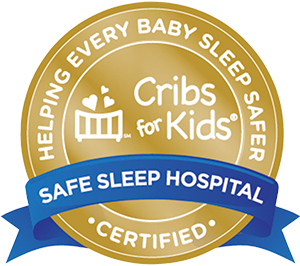 Sudden unexpected infant death (SUID, formerly known as SIDS) is a term used to describe the sudden and unforeseen death of a baby younger than one year old when the cause is not specifically known. These deaths often happen while the baby is sleeping, and investigation often reveals that the baby was not able to breathe properly in their crib or other sleep environment.
Sudden unexpected infant death (SUID, formerly known as SIDS) is a term used to describe the sudden and unforeseen death of a baby younger than one year old when the cause is not specifically known. These deaths often happen while the baby is sleeping, and investigation often reveals that the baby was not able to breathe properly in their crib or other sleep environment.
At Memorial, we are dedicated to the health and safety of our youngest patients. We have been officially recognized as a Cribs for Kids® National Gold Certified Safe Sleep Hospital. The Cribs for Kids® National Safe Sleep Hospital Certification program awards recognition to hospitals that demonstrate a commitment to reducing infant, sleep-related deaths by promoting and educating on best safe sleep practices.
Safe Sleep Hospital Requirements
Certified Safe Sleep Hospitals are required to:
- Develop a safe sleep policy statement incorporating the Infant Safe Sleep guidelines from the American Academy of Pediatrics.
- Train staff on safe sleep guidelines, the hospital’s safe sleep policy, and the importance of modeling safe sleep for parents.
- Educate parents on the importance of safe sleep practices and implement these practices in the hospital setting.
Learning about safe sleep for babies is important for all caregivers, including grandparents, other family members, babysitters, childcare providers, and anyone else who might care for babies.
Best Practices for Safe Sleep
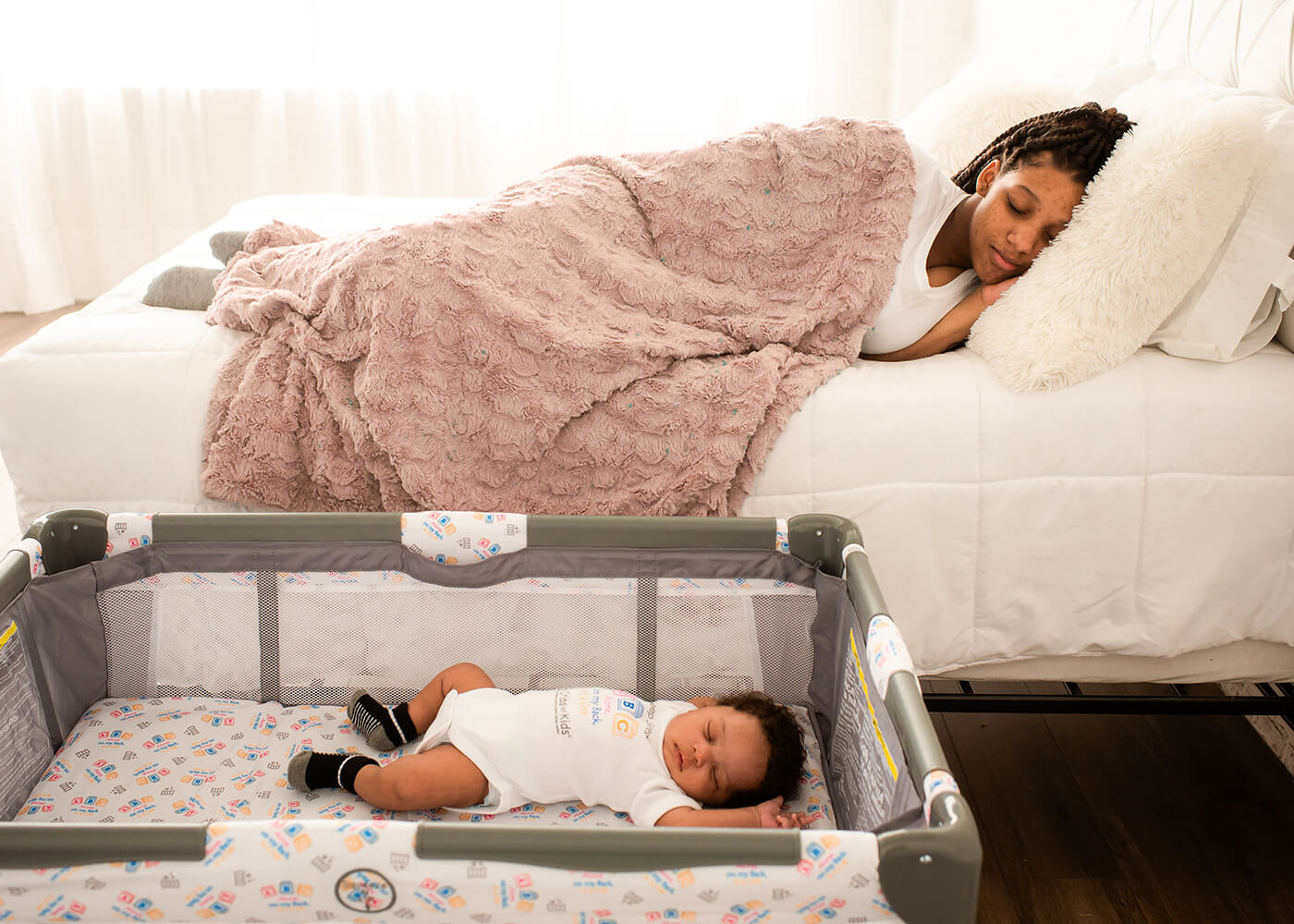 As a certified Safe Sleep Hospital, Memorial will also share infant sleep safety best practices and education with the community.
As a certified Safe Sleep Hospital, Memorial will also share infant sleep safety best practices and education with the community.
Here are tips to help create a safer sleep environment:
- Follow the ABCs of Safe Sleep:
- Alone – baby sleeps alone, without other objects, caregivers, or siblings
- Back – baby sleeps on his/her back
- Crib – baby sleeps on his/her own sleeping space, such as a crib or a bassinet
- Until their first birthday, place your baby on their back to sleep for naps and at night.
- Place your baby to sleep on a firm sleep surface covered by a fitted sheet.
- Room sharing is recommended – keep baby’s sleep area in the same room where you sleep for at least the first six months, but do not let your baby sleep with you or anyone else in bed (co-bedding).
- If your baby falls asleep in a car seat, stroller or other carrier, move them to a firm sleep surface such as a crib, bassinet, or portable crib for sleep.
- Never place your baby to sleep on a couch, sofa, or armchair.
- Keep soft objects such as pillows and blankets, toys, and bumpers out of your baby’s sleep area.
- If you give your baby a pacifier, use one that is not attached to a string for naps and at night to decrease risk of choking or strangling.
- Breastfeed your baby (studies show babies who breastfeed have a lower risk for SUID).
Ready to learn more? View the Safe Sleep Academy video library or the Ohio Department of Health Safe Sleep 101 video. See the 9 Steps for Safe Sleep flyer here.



